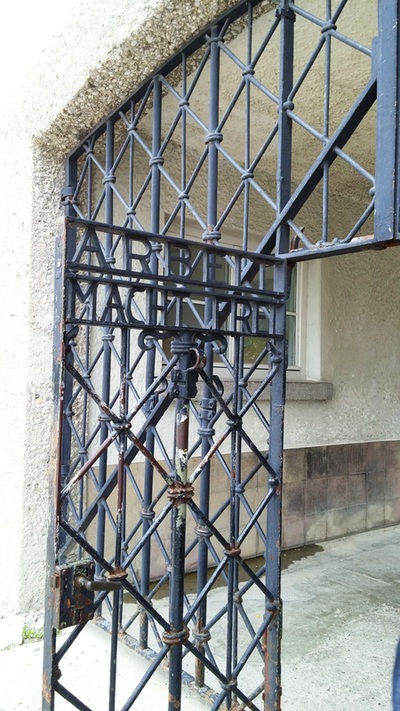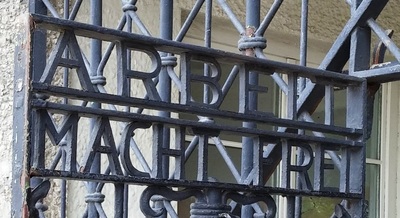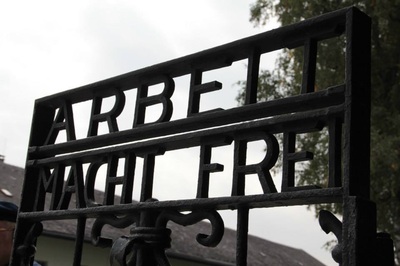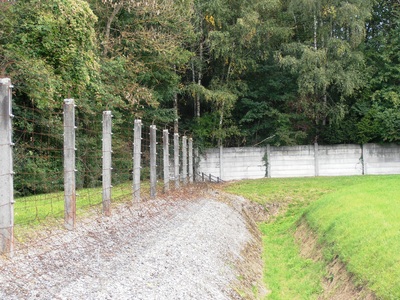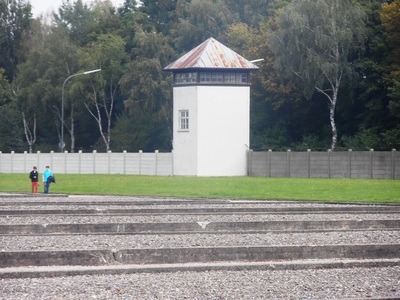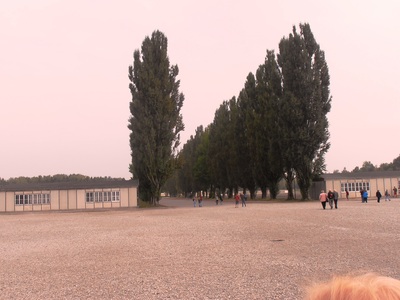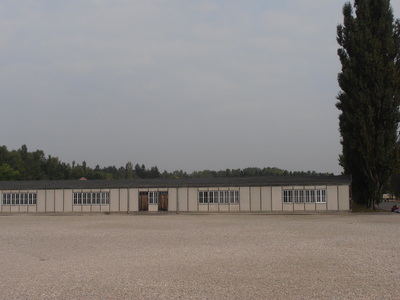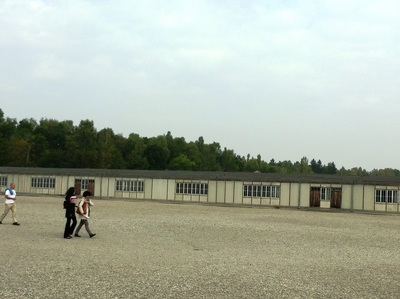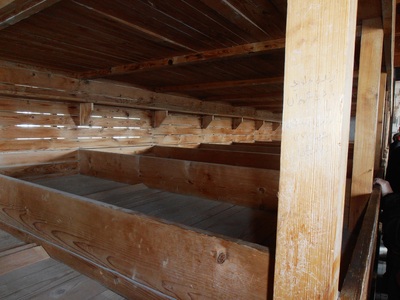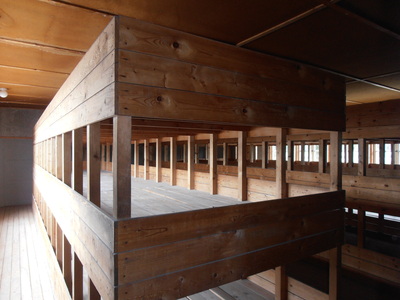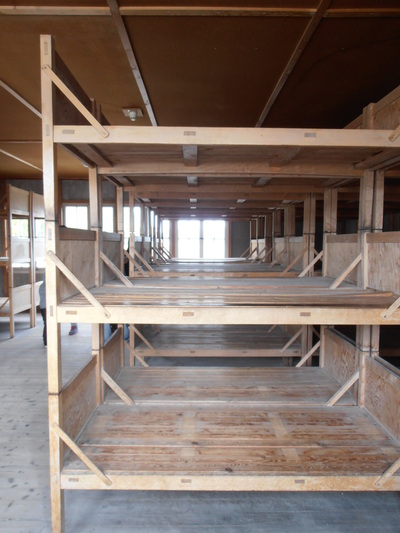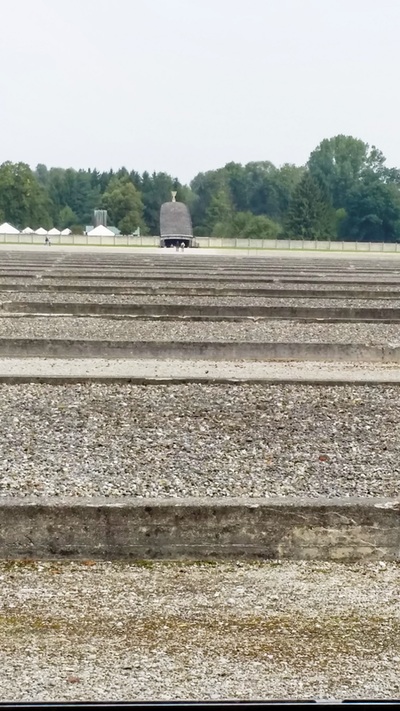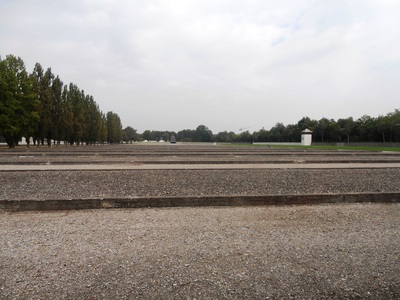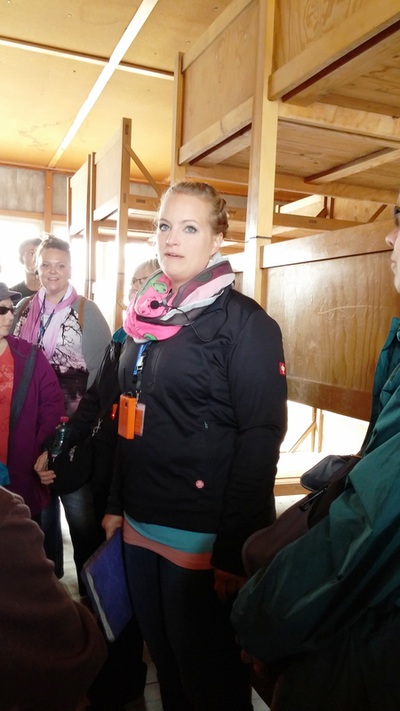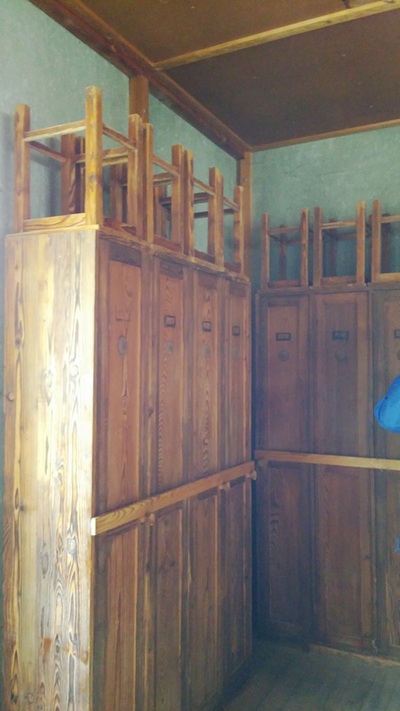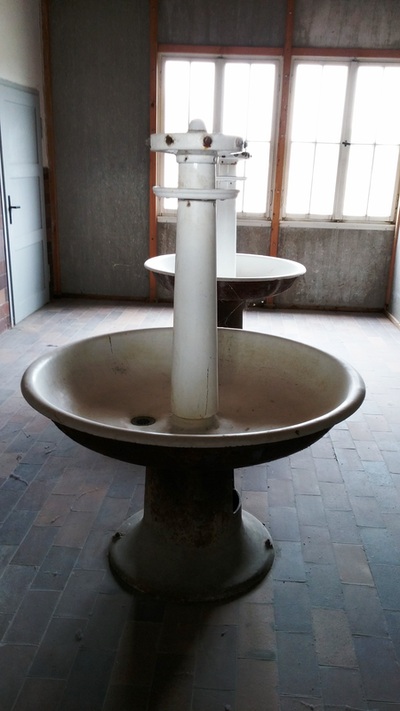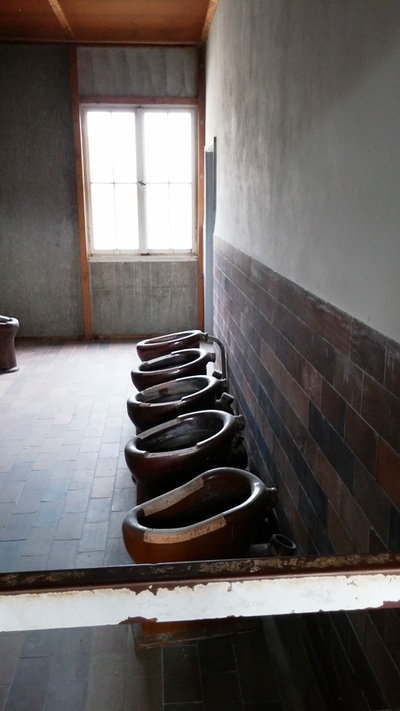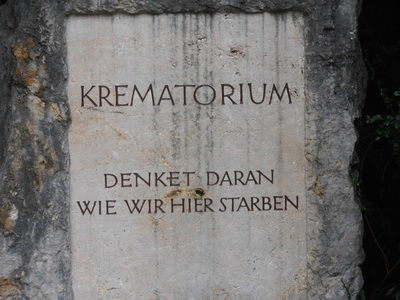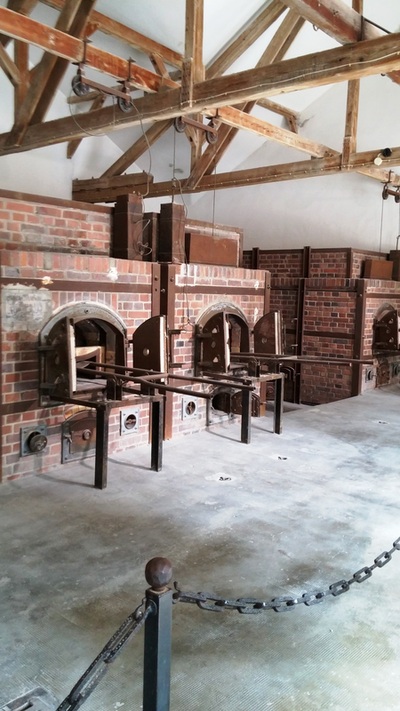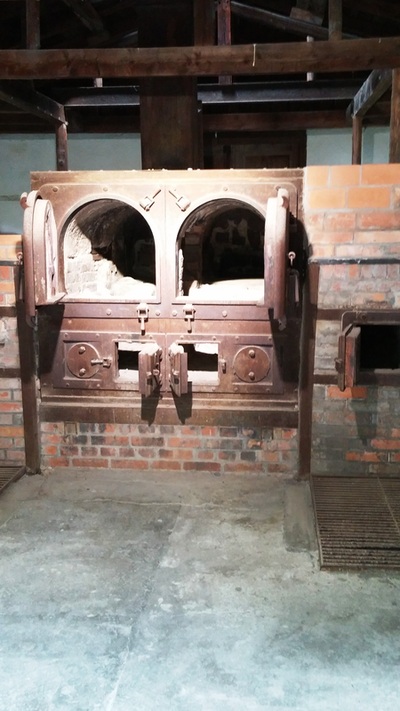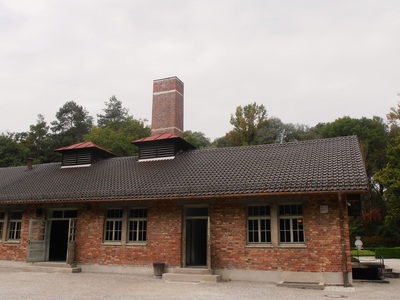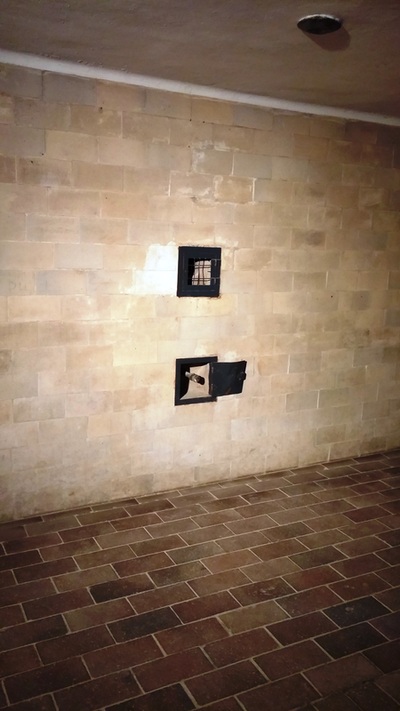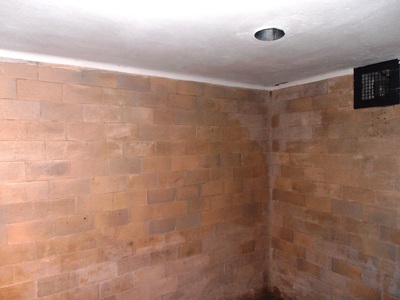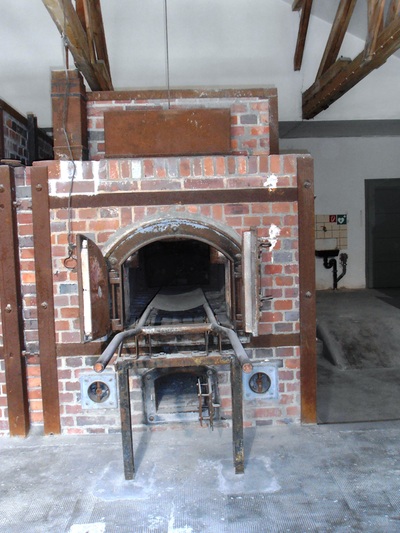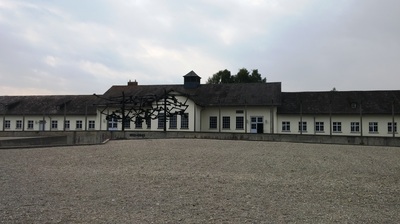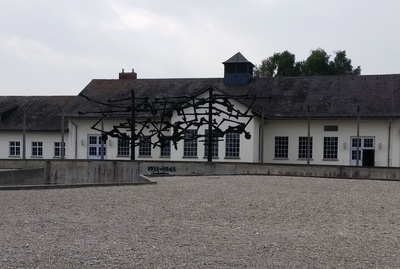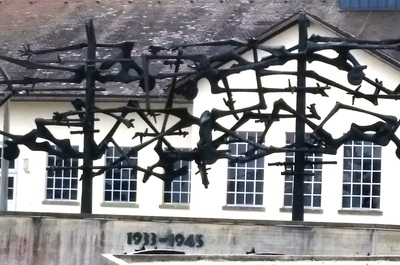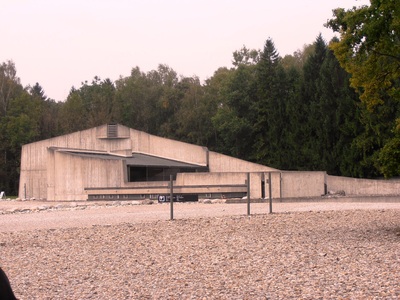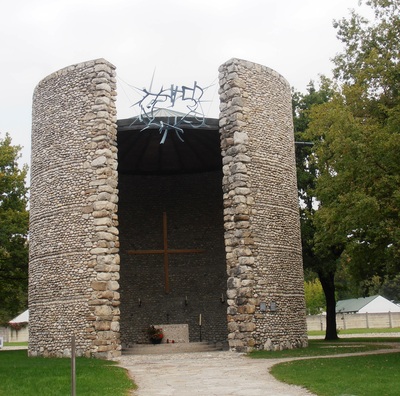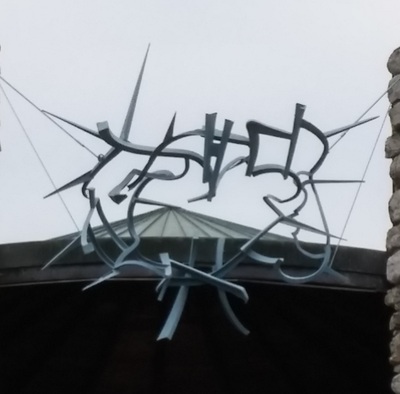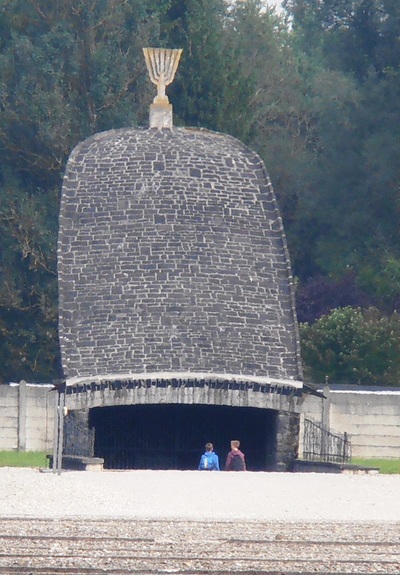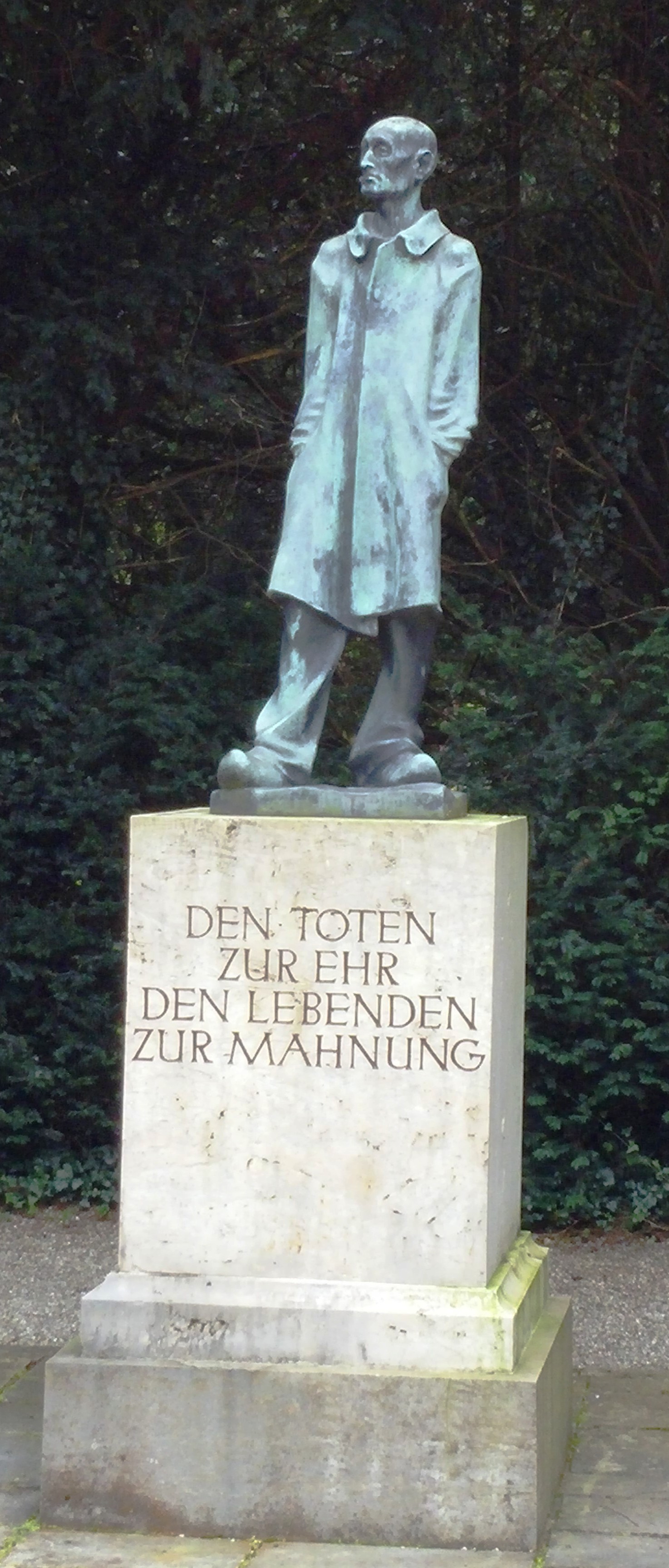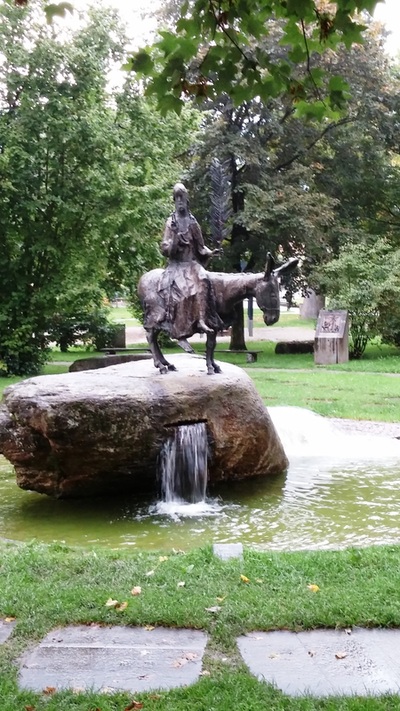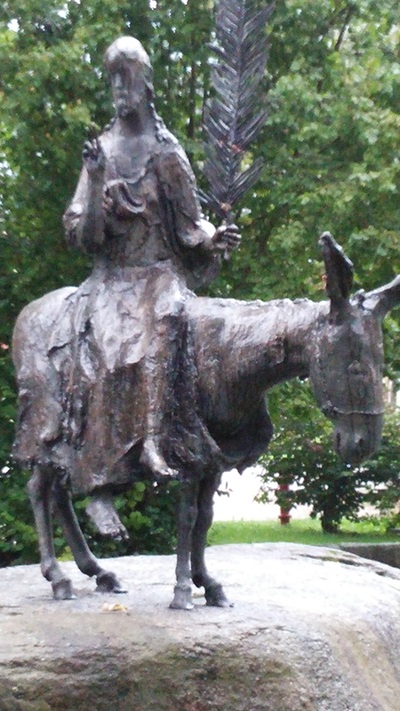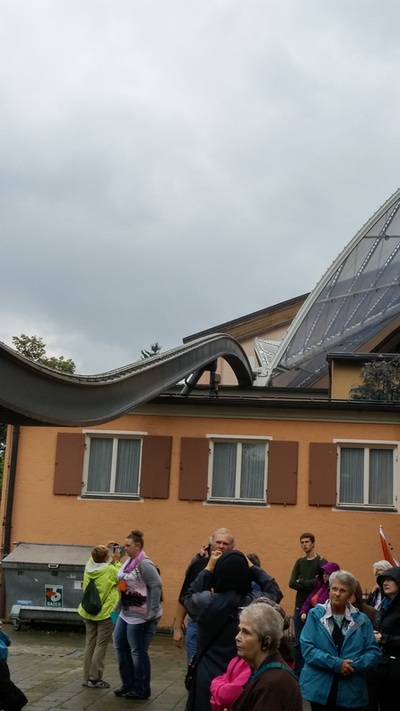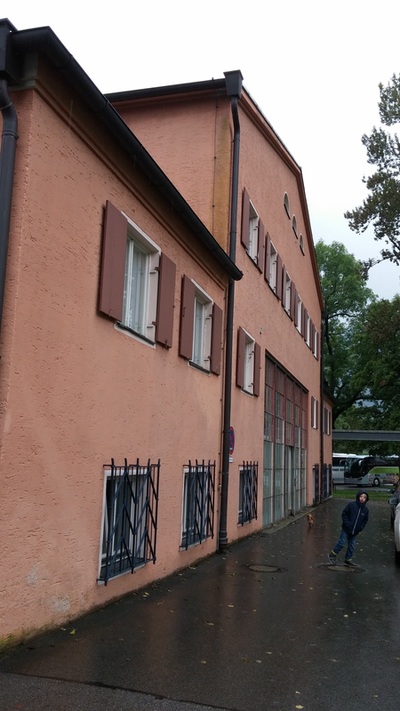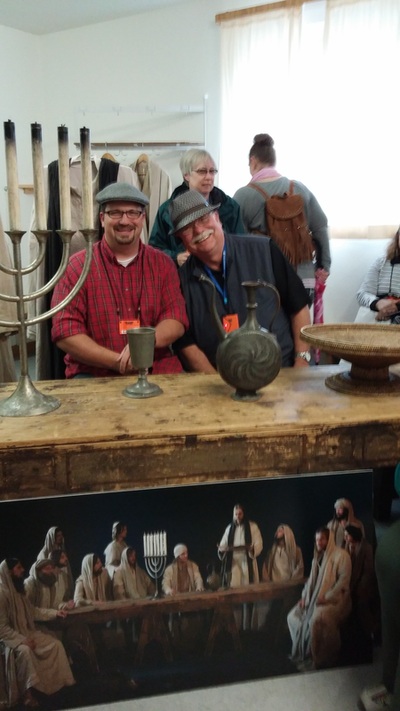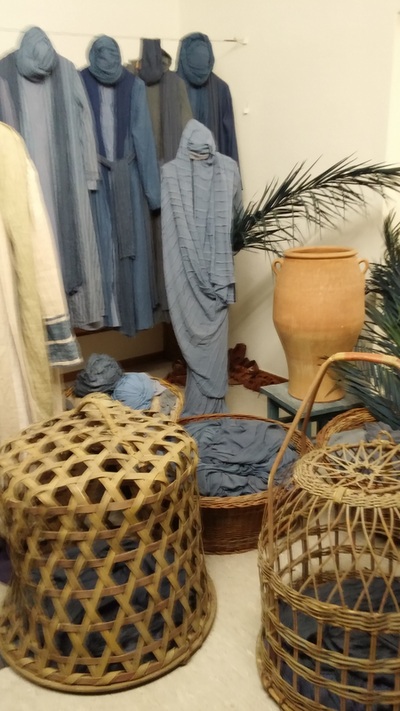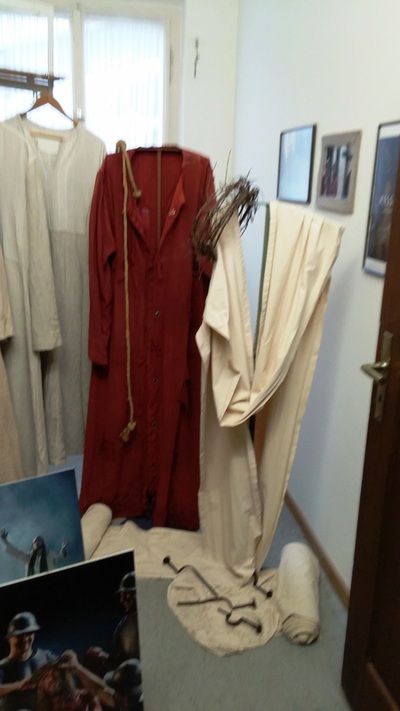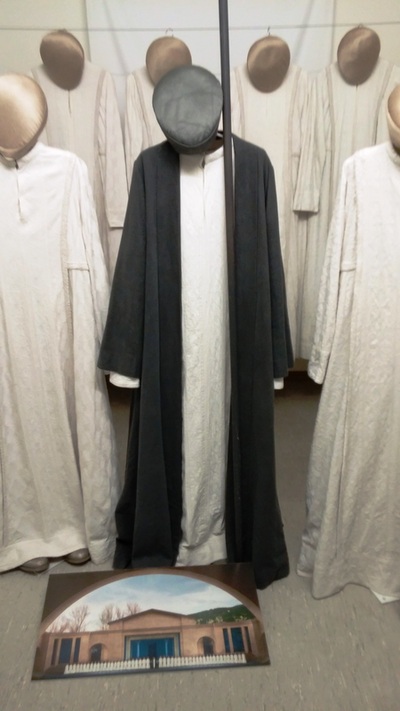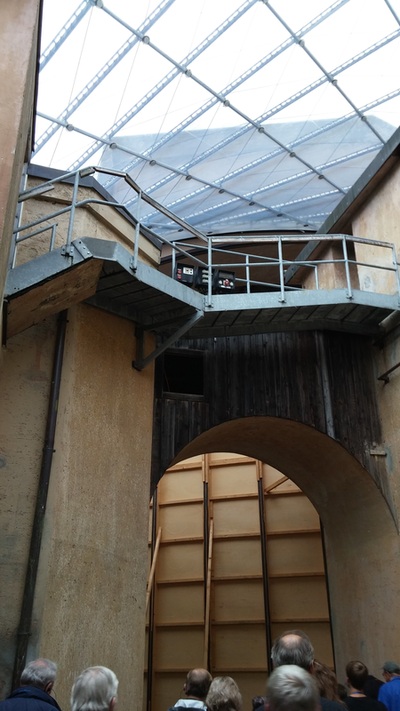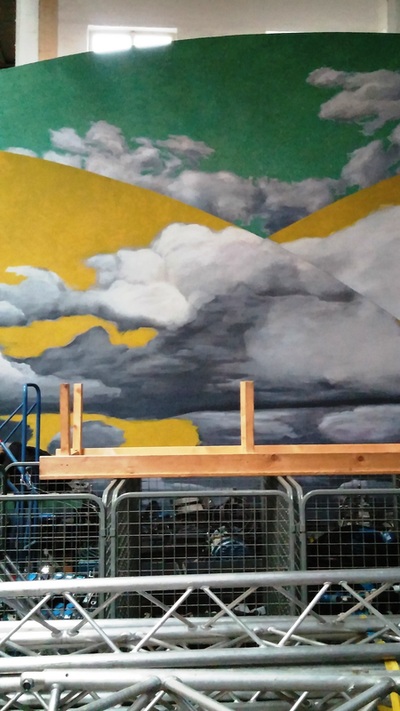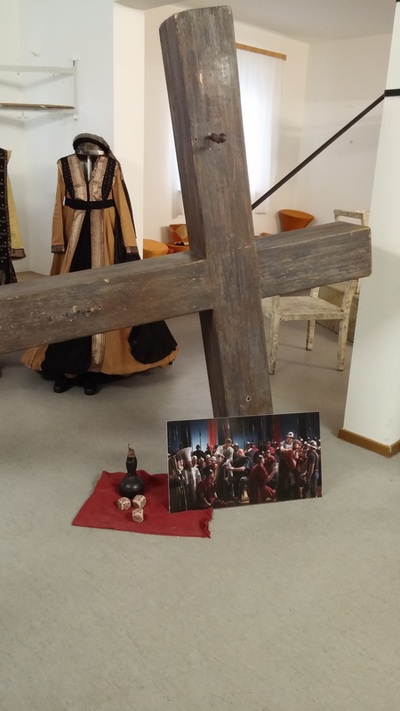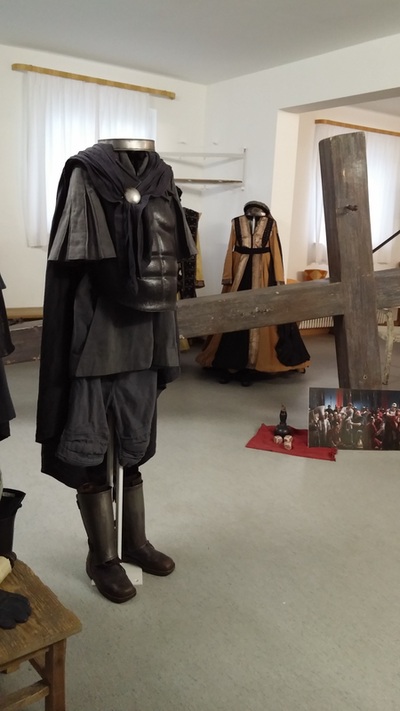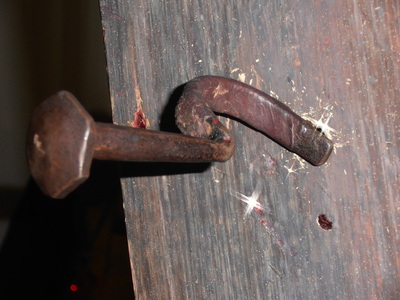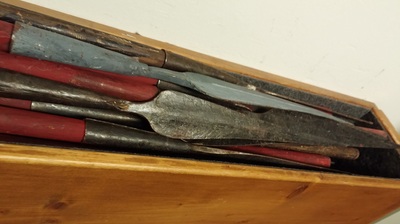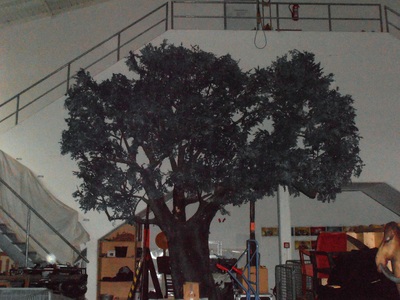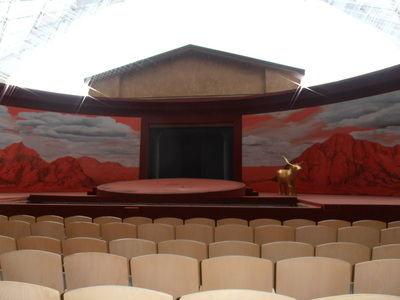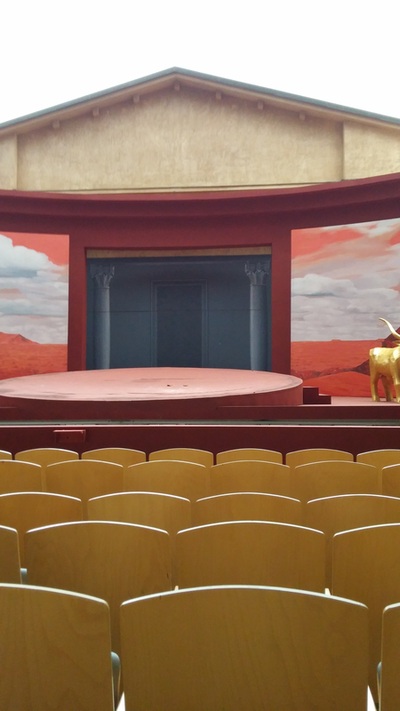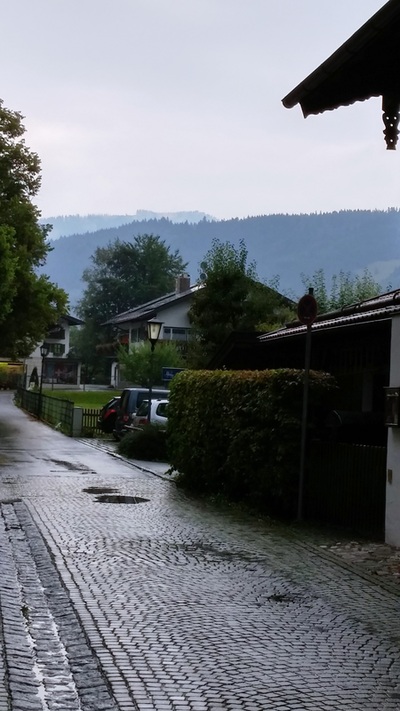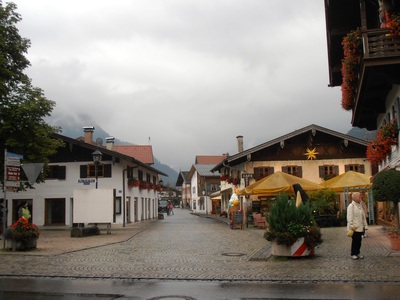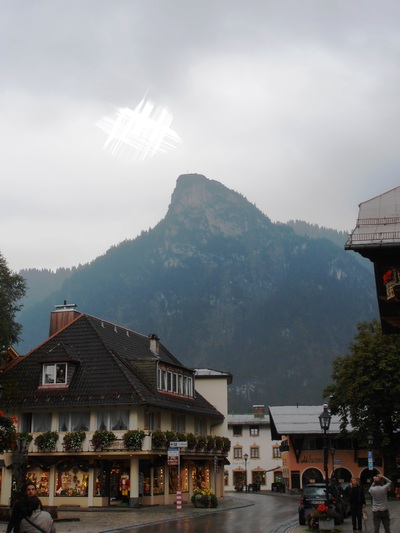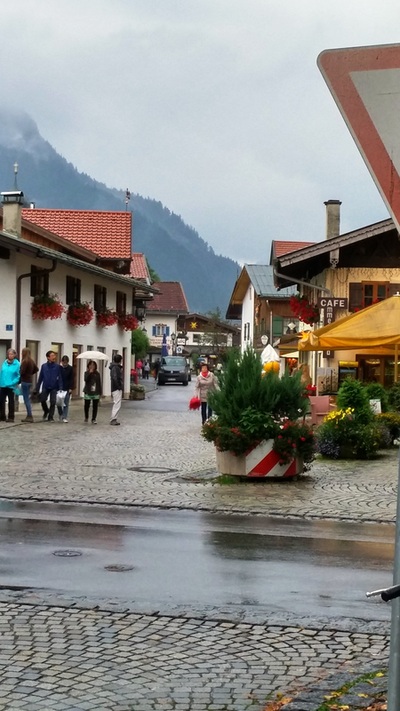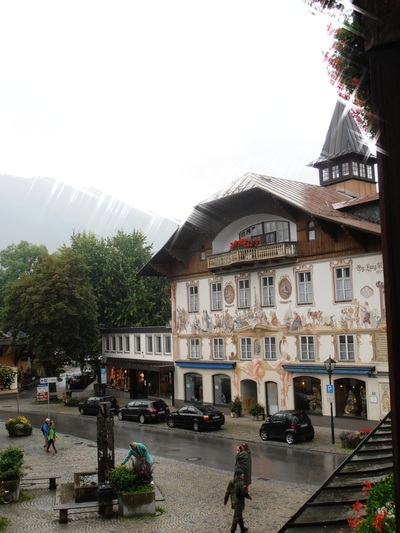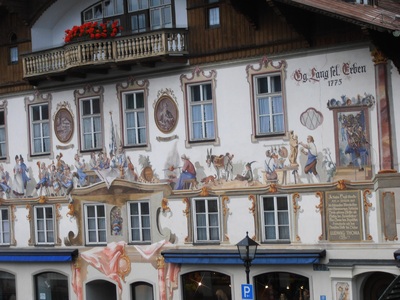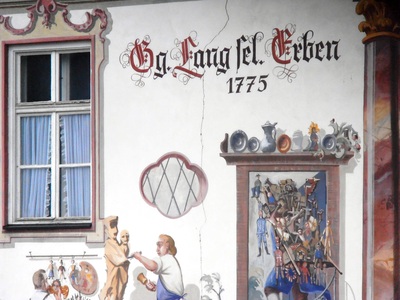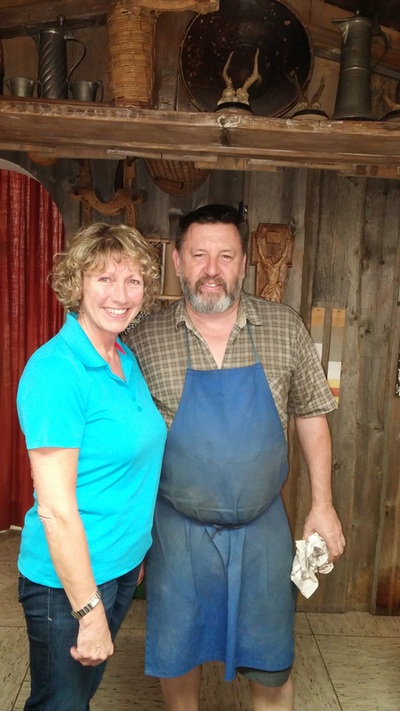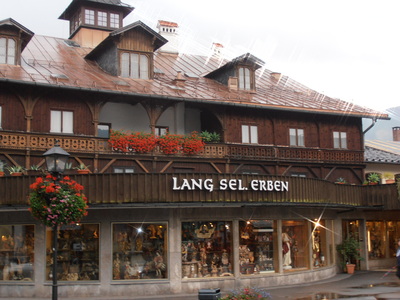Day 4: September 11, 2014
Once again the day started out as overcast. However, this time it was fitting as we traveled to Dachau to view the prison (concentration) camp built by the Nazis.
Dachau concentration camp (German: Konzentrationslager (KZ) Dachau) was the first of the Nazi concentration camps opened in Germany, intended to hold political prisoners. It is located on the grounds of an abandoned munitions factory southeast of the medieval town of Dachau, about 16 km (10 mi) northwest of Munich in the state of Bavaria, in southern Germany. Opened in 1933 by Heinrich Himmler, its purpose was enlarged to include forced labor, and eventually, the imprisonment of Jews, ordinary German and Austrian criminals, and eventually foreign nationals from countries that Germany occupied or invaded.
After a sobering visit we traveled back to Oberammergau for a tour of famous Passion Play Theater.
Oberammergau Passion Play is a passion play performed since 1634[1] as a tradition by the inhabitants of the village of Oberammergau,
In 1633, the residents of Oberammergau, Bavaria, Germany, vowed that if God spared them from the effects of the bubonic plague ravaging the region, they would produce a play thereafter for all time depicting the life and death of Jesus. The death rate among adults rose from one person per 1000 per year in October 1632 to twenty in the month of March 1633. The adult death rate slowly subsided to one in the month of July 1633. The villagers believed they were spared after they kept their part of the vow when the play was first performed in 1634. Word spread throughout the region about the play, and it became too expensive to perform every year, so the town decided that every 10 years would be sufficient
Dachau concentration camp (German: Konzentrationslager (KZ) Dachau) was the first of the Nazi concentration camps opened in Germany, intended to hold political prisoners. It is located on the grounds of an abandoned munitions factory southeast of the medieval town of Dachau, about 16 km (10 mi) northwest of Munich in the state of Bavaria, in southern Germany. Opened in 1933 by Heinrich Himmler, its purpose was enlarged to include forced labor, and eventually, the imprisonment of Jews, ordinary German and Austrian criminals, and eventually foreign nationals from countries that Germany occupied or invaded.
After a sobering visit we traveled back to Oberammergau for a tour of famous Passion Play Theater.
Oberammergau Passion Play is a passion play performed since 1634[1] as a tradition by the inhabitants of the village of Oberammergau,
In 1633, the residents of Oberammergau, Bavaria, Germany, vowed that if God spared them from the effects of the bubonic plague ravaging the region, they would produce a play thereafter for all time depicting the life and death of Jesus. The death rate among adults rose from one person per 1000 per year in October 1632 to twenty in the month of March 1633. The adult death rate slowly subsided to one in the month of July 1633. The villagers believed they were spared after they kept their part of the vow when the play was first performed in 1634. Word spread throughout the region about the play, and it became too expensive to perform every year, so the town decided that every 10 years would be sufficient
